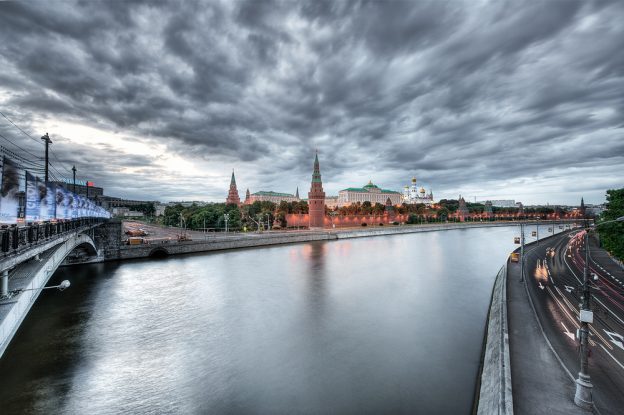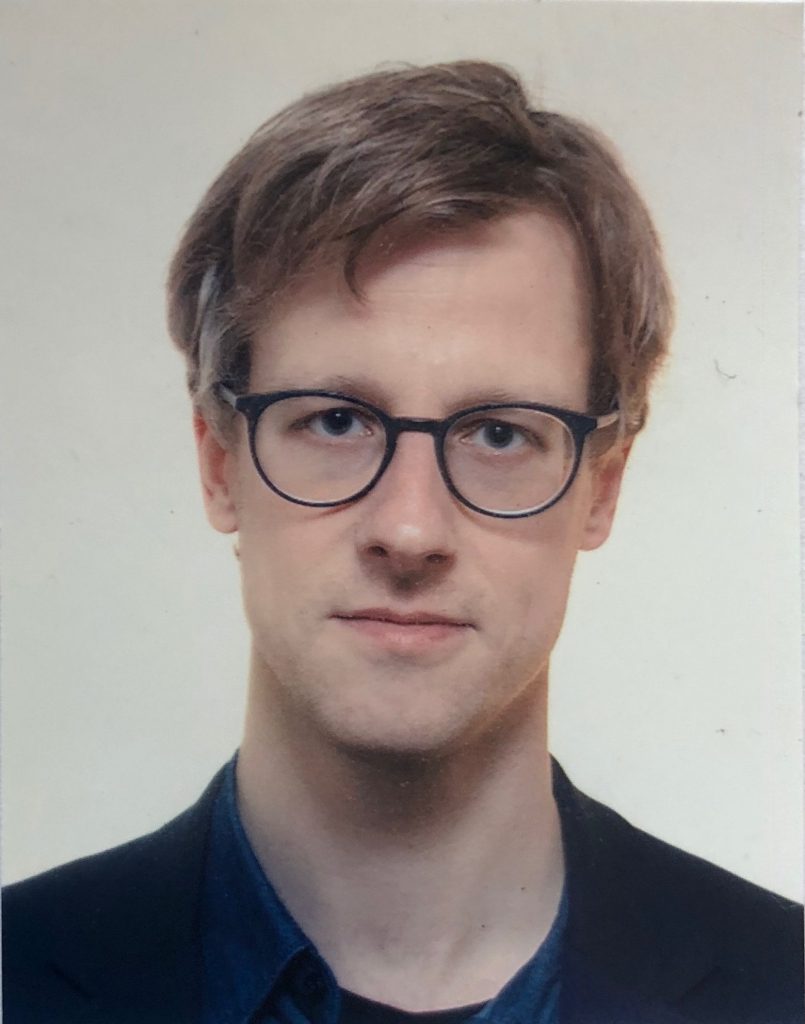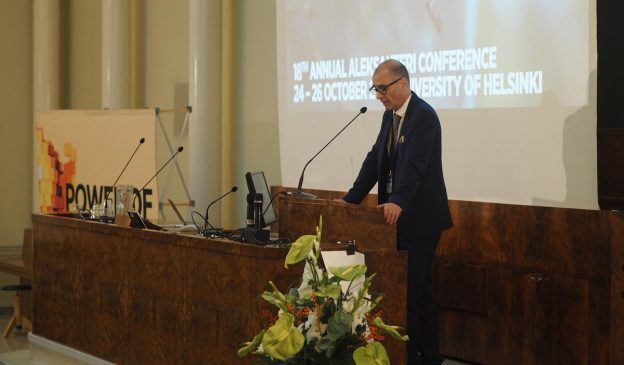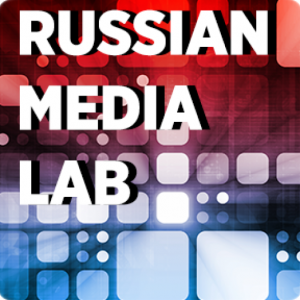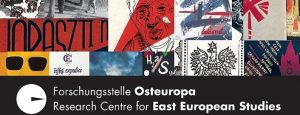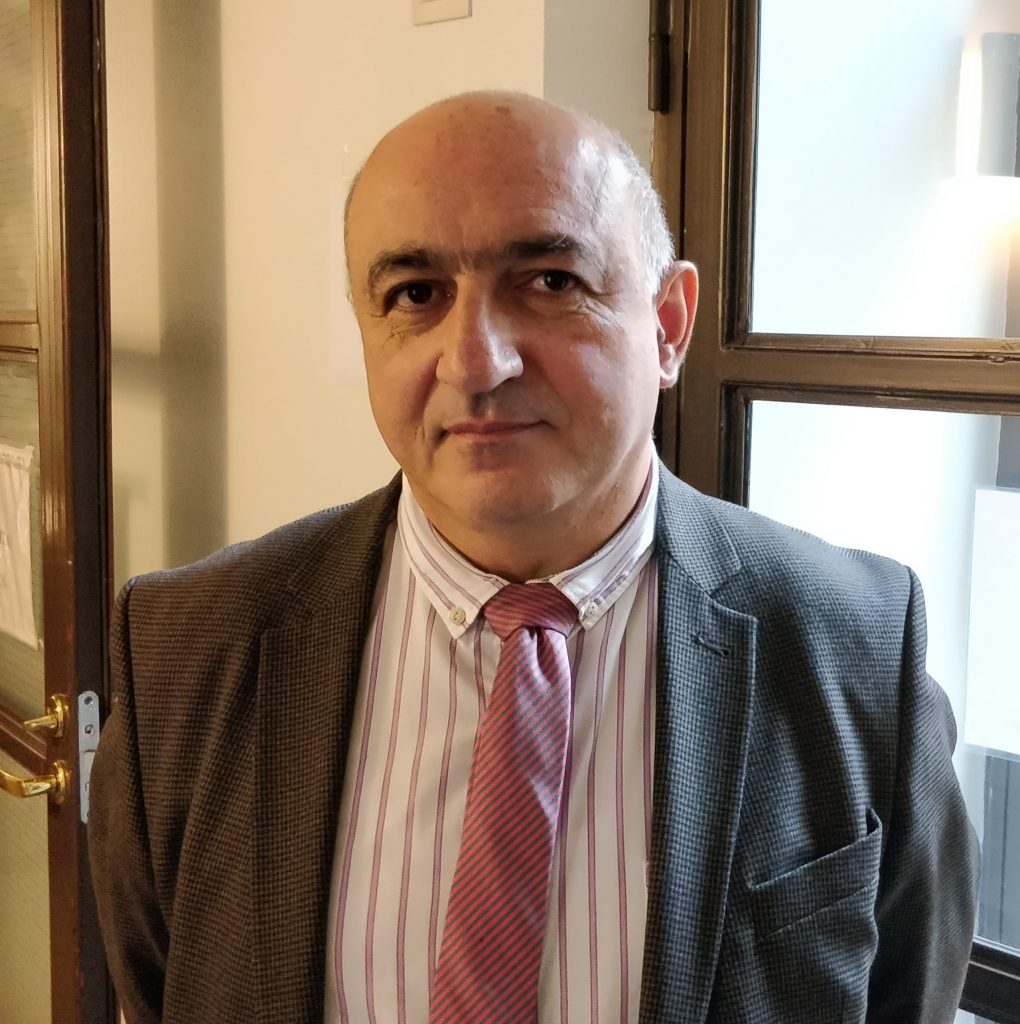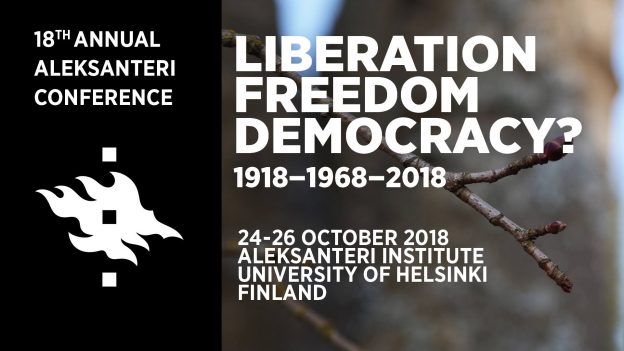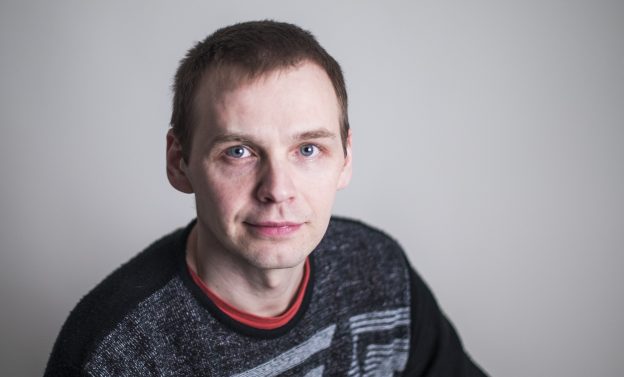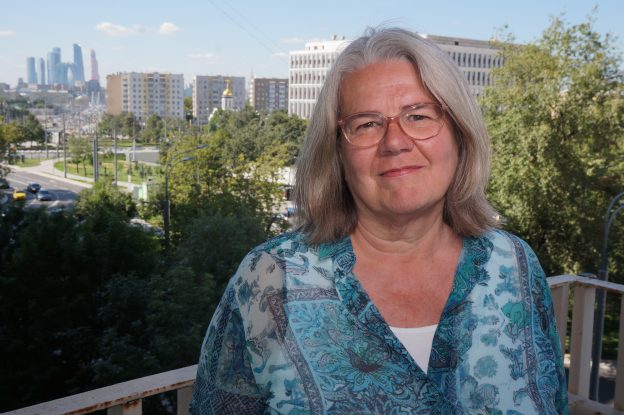by Janne Suutarinen
In the beginning of November, BBC News announced that three major Russian internet companies, Yandex, Mail.ru and Rambler, have teamed up with leading media production companies to sign a memorandum combating piracy. The guarantor of the agreement’s execution will be Roskomnadzor, the Federal Service for Supervision of Communications, Information Technology, and Mass Media.
The memorandum stipulates that the media will create a register of websites hosting pirated materials. The internet service companies oblige themselves to consult the register every five minutes and remove listed websites from their search engine results within six hours.
According to BBC News, the copyright holders that have signed the memorandum are Gazprom-Media, National Media Group, Channel One, All-Russian State Television and Radio Broadcasting Company (VGTRK), STS-Media, Association of Film and Television Producers, Internet Video Association (online cinema association), video platform Ruform, as well as Yandex-owned Kinopoisk.ru. Other copyright holders are welcomed to join the agreement.
Russian Media Lab’s Mariëlle Wijermars (PhD), who conducts research on media and internet governance in Russia, thinks the memorandum is an interesting case because it creates a new mechanism of internet content control that operates outside of existing legal structures.

